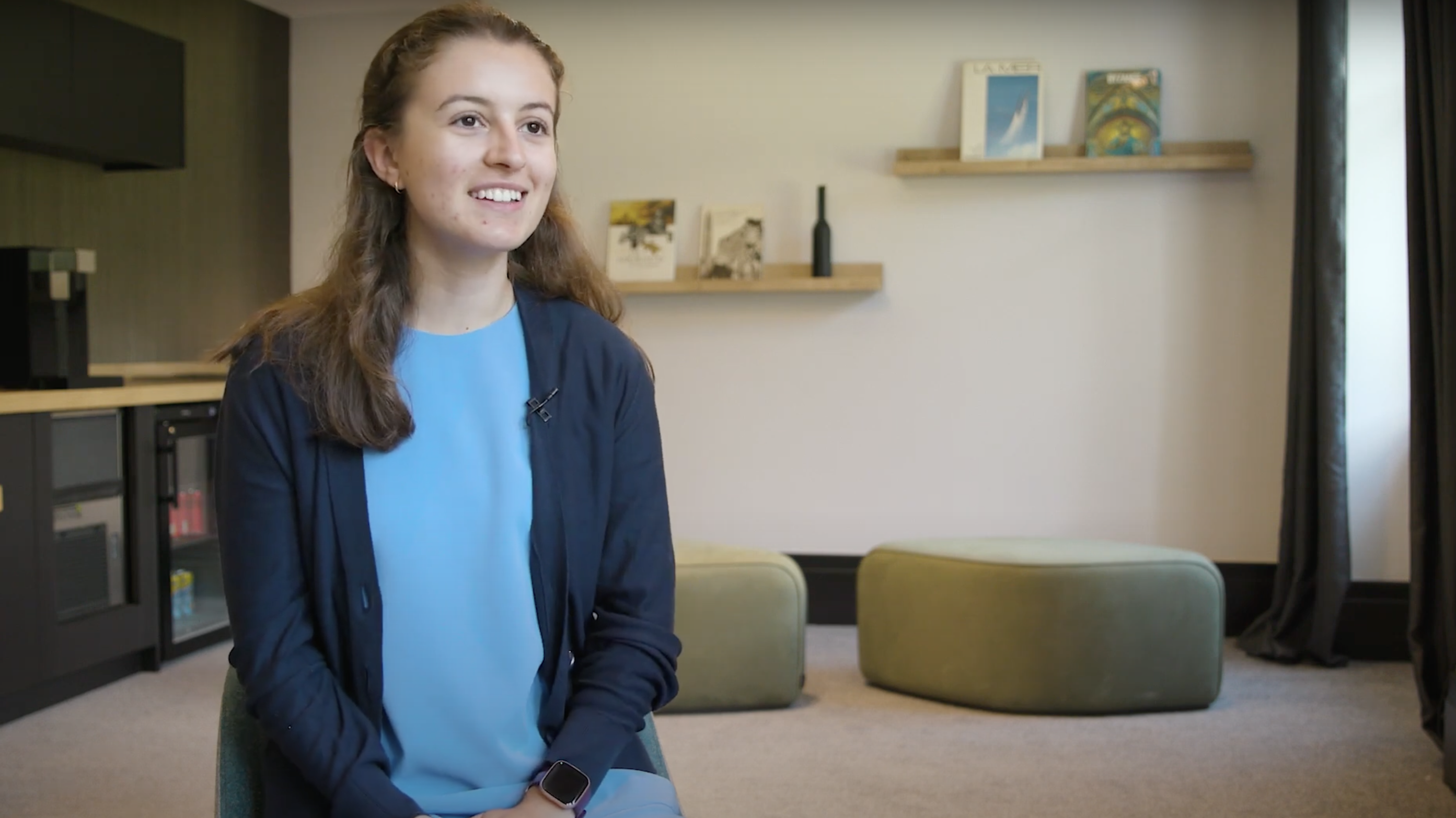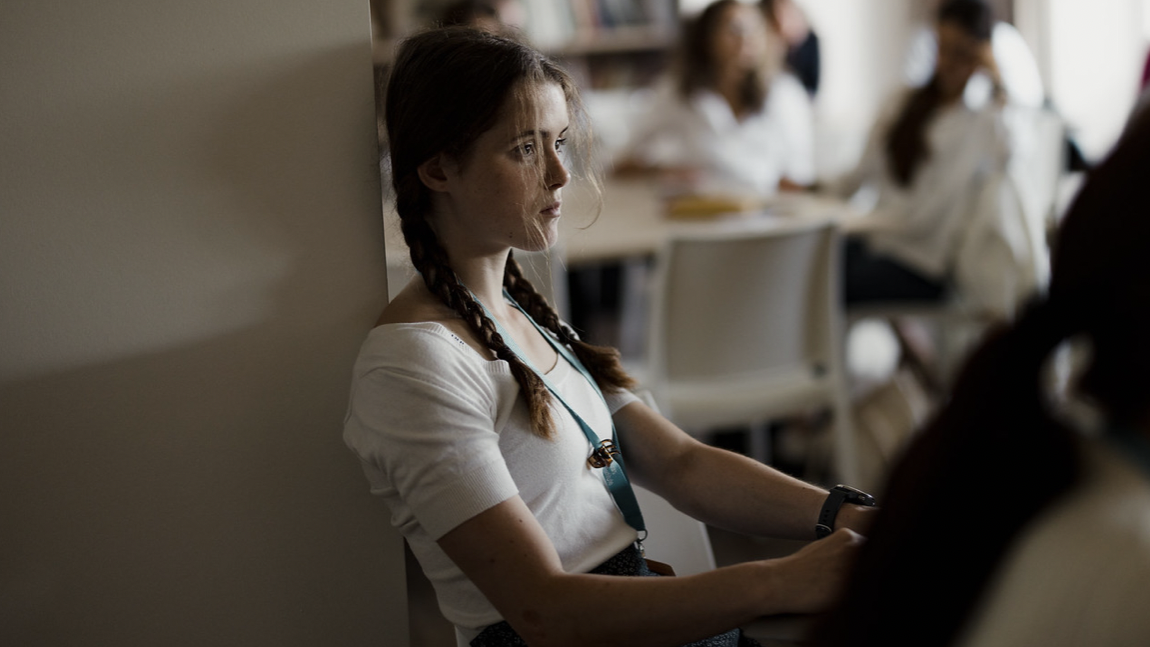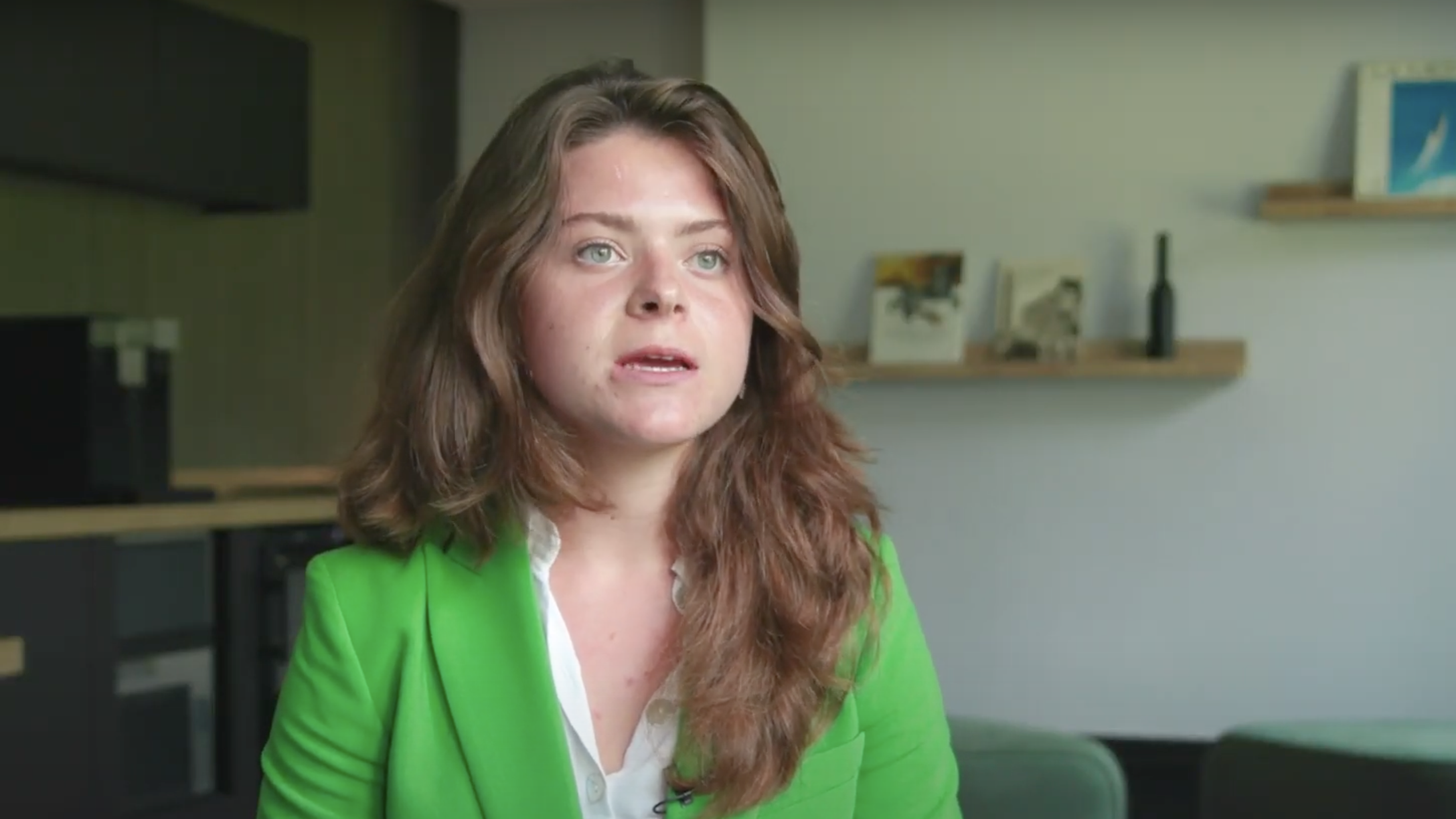Scientific and technological breakthroughs are happening at an unprecedented pace, and tomorrow’s discoveries are already shaping today’s outcomes. Created in 2019, the Geneva Science and Diplomacy Anticipator (GESDA) Foundation champions anticipation as a key to building a sustainable, inclusive future through leveraging new discoveries’ full potential for collective well-being of the people and the planet.
A cohort of our Villars Fellows attended GESDA’s annual summit, where they learned more about the new technologies and scientific discoveries that will shape the future. Here they reveal which ones matter most to them, and how these breakthroughs could shape our near future.
Olivia Avalos Villar, 17 y.o., International School Basel
Marine cloud brightening and stratospheric aerosol injection - both of which aim to offset anthropogenic global warming by deflecting back into space a small fraction of incoming solar radiation - are among the breakthroughs that matter to me, and my generation. Using exclusively natural substances, marine cloud brightening is inexpensive, and can be localised. Meanwhile, although stratospheric aerosol injection’s lifespan and delivery logistics remain uncertain, its natural process and scalability are impressive, and given the likelihood of a carbon overshoot, both may be used as temporary measures to control global warming.
Another important topic discussed at the summit was the Decarbonisation Accelerator. This is based on the idea that, if we use the future to build the present, we can bring new technologies to scale faster. Our issue is that we are missing the right dialogue, along with systemic issues and a lack of responsible and courageous leadership. To correctly apply emerging state-of-the-art technologies in practice, we must be willing to take risks and make the right decisions even when we are not completely ready.
Our collective addiction to fossil fuels is slowly but surely killing us and our planet, and thus decarbonisation is the key to a sustainable future. We must reach net zero emissions by mid-century to avoid passing the point of no return. The easiest way to achieve this is through methodical, innovative change in both business development and technology, sector by sector.
Eloïse Westfeldt, 17 y.o., Collège du Léman
Witnessing so many experts and entrepreneurs from different spheres of business, technology and science come together at this year’s GESDA Summit to come up with solutions gave me hope that the future of my generation may be a bright one.
My favourite panels included Deciphering the Human Immunome with AI and the New Geopolitical Landscape for Science, both of which contributed vital ideas to the summit.
To succeed in taking the right action on time, we must work together to efficiently progress with scientific and technological developments, and to build trust between research facilities, between those facilities and the public, and between the facilities of different countries.
Informing the public on said technological advancements is vital to the preservation of trust between them and the researchers. Soumya Swaminathan explained how we must not only share what we know, but also what we’re working towards discovering.
An important detail that Professor Tan Chorh Chuan brought to my attention was that while we must continue to share data, it cannot be released carelessly. If there is no clear interpretation of data, people risk coming to misled conclusions about it regardless of accuracy, inevitably leading to mass dis- and misinformation.
Furthermore, the panels discussed the fragmented state of and great lack of multilateralism in our world. It’s clear that, in order to fight the challenges our world faces, existing institutions must adapt to the changing planet, or even reinvent themselves completely.
Sofiia Martianova, 17 y.o., ETH Zurich
Emerging technologies are being created at speed. Yet, international policymakers must create new regulations for such technologies - before they do more harm than good. Artificial intelligence already makes the majority of our digital choices for us, raising democracy concerns. Numerous benefits from developing global digital space regulations will emerge, but how can we entice policymakers to develop these rules? A taxation system, designed specifically for the internet, may be a solution. The issue now is that the internet is completely decentralised, which can have repercussions for society's security.
It is also necessary to develop a universal science and diplomacy curriculum, which will serve as a starting point for successful leaders of tomorrow, to prepare for another transition in societal development. What is happening right now – geopolitical turmoil, the ongoing pandemic, climate change and technological progress – are all part of humanity's transition to the next level of development. We frequently hear that previous generations did not care and that we now have to deal with the problems they have created – this is false. Every generation has been involved in addressing global issues, but the issues and their meaning have changed over time. We are currently witnessing the world order's normal transition, which occurs every 70-80 years.
Society faces new struggles now like never before – but it is in the face of adversity that we learn and grow. Challenges have taught us that cooperation and trust are key to humanity's healthy development, and the universal science and diplomacy curriculum will teach us how to unite back into communities and build bridges between these communities all over the world.
The biggest challenge we face right now is reuniting people through trust. We can build trust through cooperation, and cooperation is the key to global stability. The world is dealing with critical global challenges, and we must learn to live together and trust one another, and employ systems thinking to best anticipate our future, and create a peaceful, beneficial present.






